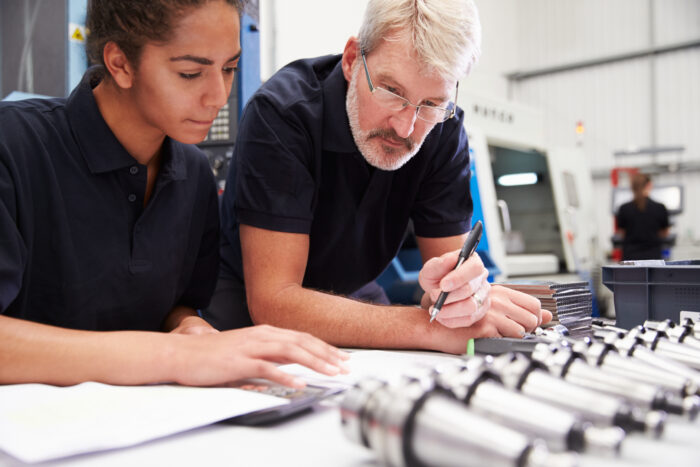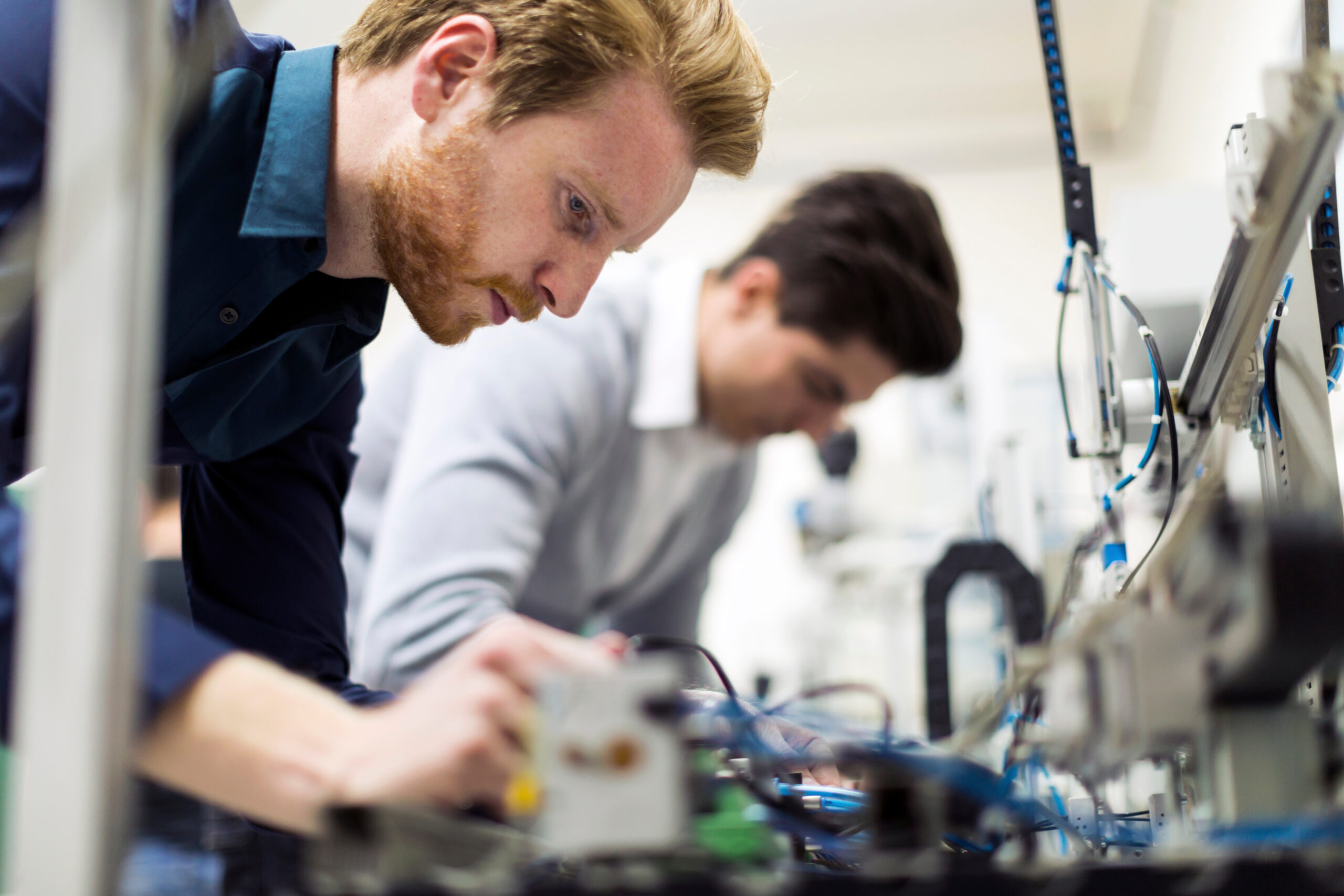Going right back to the invention of the wheel and the construction of the pyramids, engineering has traditionally been a highly technical field, relying heavily on the application of maths, science and analytical skills to solve problems and find practical solutions for scientific discoveries and innovations.
In today’s exponentially advancing world however, hard skills are no longer enough. The field of engineering has evolved so much that engineers cannot simply carry out technical work in isolation as they might have done historically, but rather increasingly work in interdisciplinary teams that call for extensive communication, collaboration and coordination skills to run alongside strong their job-specific expertise and technological know-how.

It goes without saying that hard skills are crucial to an engineer’s role in the conceptualisation, design and implementation of technically innovative products and services. But increasingly, it is the transferrable soft skills that tech can’t provide that are paramount in navigating complex projects and giving companies a significant advantage in competitive marketplaces. Today’s engineers need to be adept in communication, collaboration, teamwork, delegation, creativity, problem solving, emotional intelligence and leadership in order to deliver optimum results and increased productivity, as well as for professional development.
Effective communication is undoubtedly the most crucial soft skill, encompassing so many daily processes: emails, face-to-face meetings, presentations, report writing and document creation. Strong interpersonal skills are imperative when working as part of a team, as well as enabling engineers to concisely communicate technical information, write articulate proposals and compile clear project specifications. Active listening skills are also vital in identifying problems and resolving conflict. Engineers essentially need funding and resources to bring their designs to life; soft skills like effective communication are ultimately critical to getting a vision across to others, selling a product idea or justifying a budget.
Collaboration is key factor in any project, particularly complex or multidisciplinary ventures that require cohesive teamwork to succeed. Leadership qualities are critical in coordinating tasks, delegating roles and offering guidance and support where needed. Adaptability, flexibility, great customer service and a willingness to learn are all significant factors in achieving success in a constantly evolving industry.
Employers are increasingly prioritising EQ, or emotional intelligence, over IQ in prospective employees. And these human skills go beyond immediate team collaboration. Social and emotional expertise is vital at every interface point in the wider culture, improving engagement with management, clients, stakeholders, supply chain and vendors.
In the increasingly complex landscape of technological advancement, manufacturers face myriad challenges – to profitably deliver high-quality products, to respond quickly to changes in the market, to keep pace with new trends and regulations, to build value, improve transparency and establish an advantageous edge over their competitors.
Customers and consumers invariably expect more, sooner, better, cheaper – and agile organisations, where teams prioritise collaboration and working together as opposed to in isolated silos, have the best chance of meeting these demands. Communication, cross-collaboration and teamwork are key to agile working, which brings us back round to those all-important soft skills and the irrefutable significance of the human impact on engineering.
The Airdri team of engineers, based in Oxford, UK and Guangzhou, China, is made up of specialist mechanical and electrical expertise. Many came to Airdri from different industries, bringing a wealth of knowledge and experience to complement our ambitious hand dryer development initiative, from enhancing efficiency, improving performance and lowering noise outputs.



Comments are closed here.